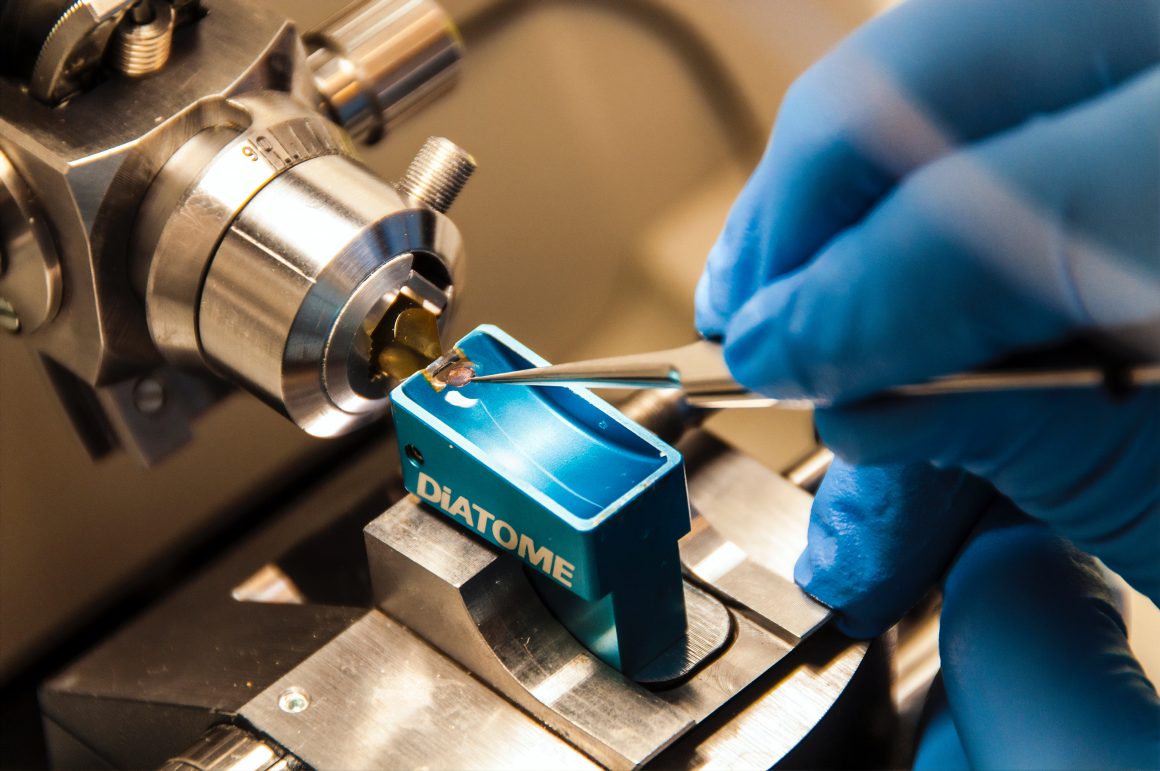Jomo Kenyatta University of Agriculture and Technology is set to foster Kenya’s healthcare capacity through training of biomedical engineers. The University is at an advanced stage of developing a curriculum for a Bachelor of Biomedical Engineering course, which will soon be offered in the institution’s College of Engineering and Technology, at the School of Mechanical, Manufacturing and Materials Engineering.
On Friday March 31, during a stakeholders meeting convened at the University to deliberate on the draft curriculum, the College Principal, Eng. Hiram Ndiritu, lauded the multidisciplinary approach in fine-tuning the programme, citing it as the only way to ensure it responds to the needs of the market.
“As you all know, Biomedical Engineering has a broadly interdisciplinary course curriculum, involving the principles of engineering, with medical and biological sciences. This process therefore has to be a collaborative effort,” said Dr. Ndiritu.
The stakeholders meeting brought together several industry players, the university’s Directorate of Academic Quality Assurance, and members of faculty from the Colleges of Engineering and Technology, Health Sciences, and Pure and Applied Sciences.
Dr. Ndiritu further emphasized that the training of the programme will take a hands-on and practical approach, to ensure students undergo experiential learning rather than a theoretical one.
Biomedical Engineering combines the design and problem-solving skills of engineering with medical and biological sciences to improve healthcare through the design, manufacturing, installation and maintenance of medical equipment and devices.

Students undertaking the programme will delve into the basics of civil and mechanical engineering, the basics of electrical and electronic engineering, thermodynamics, medical informatics, medical instrumentation, biomedical signal processing, medical mechatronics, hospital safety and management, electronics and control, manufacture and maintenance of medical equipment, principles of diagnostics and therapeutic equipment, biomedical instruments, among other core areas.
The development of the curriculum at JKUAT comes at the backdrop of an acute shortage of well-trained Biomedical Engineers in the country, with the Ministry of Health admitting as at 2020 that the country only had 420 biomedical engineers to maintain and service all sensitive hospital equipment.
Of this number, a paltry 10 hold undergraduate degrees, about 140 have diploma qualifications while about 270 have certificate qualifications, which points to the possibility that some of these ‘experts’ may be working with insufficient training, at the detriment of quality healthcare. There has been a subsequent call for the need to properly regulate the profession, the training and accreditation process.
According to the data from the Ministry of Health, Kenyatta National Hospital, Kenya’s largest referral facility, has about 1,200 types of sophisticated medical equipment, both for urgent and selective surgeries, but only has 24 Biomedical Engineers, which points to an acute shortage. A report by MoH further states that each level 5 medical facility in the country should have at least six biomedical experts, while regional hospitals should have at least 11.
“This is the kind of need we are plugging into, to ensure that the heavy investment in medical equipment both at national and county level does not go to waste simply because there are no experts to maintain or operate them. JKUAT will leverage on the strong foundation it has in Engineering, Technology and Health Sciences to deliver competent Biomedical Engineers to the Kenyan market,” said Prof. Eng. Bernard Ikua, Deputy Vice Chancellor, Administration and Finance.



Leave a Reply